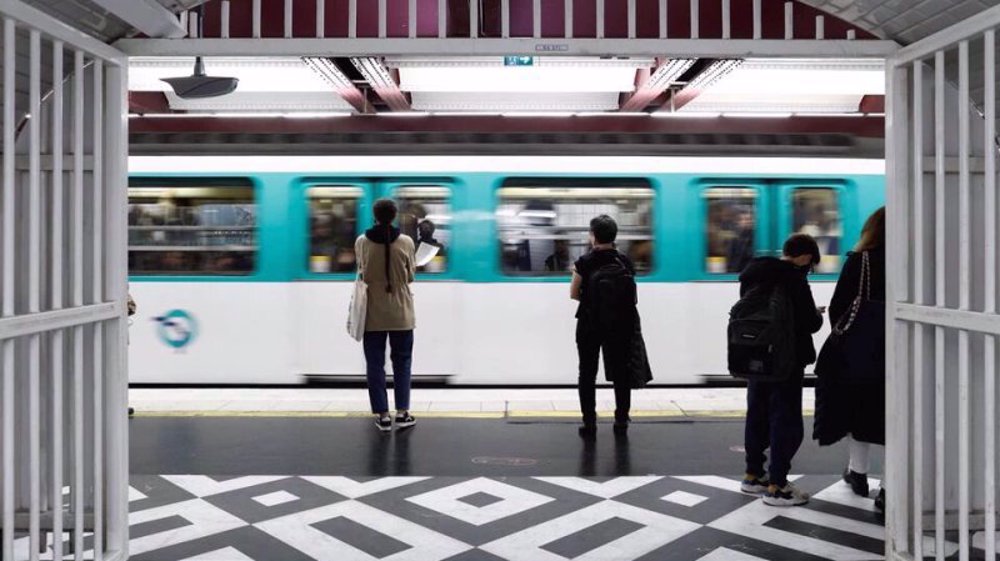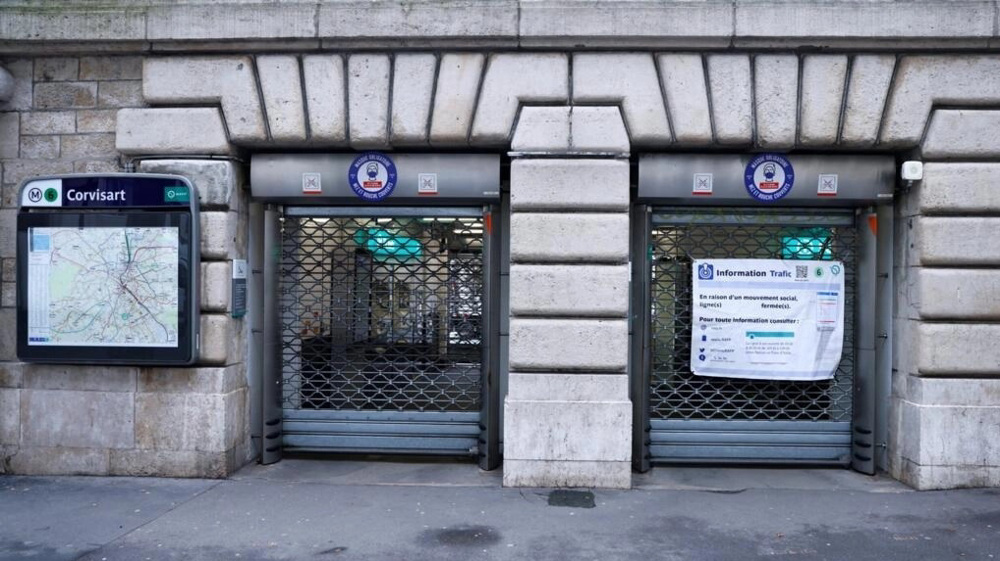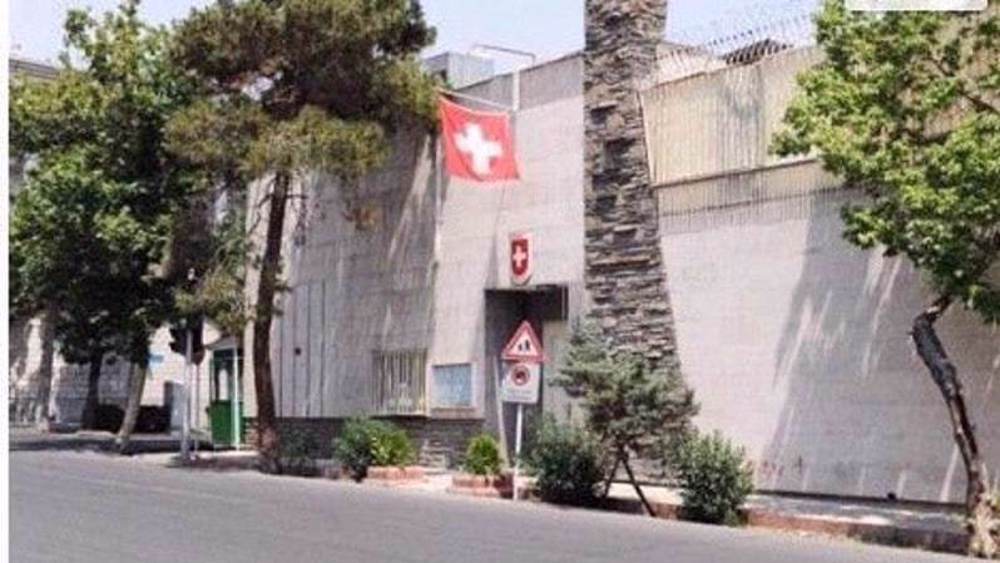Europe engulfed by widespread transport strikes as cost of living escalates
Europe has been engulfed by widespread transport strikes as workers squeezed by the soaring cost of living seek raises.
On Thursday, commuters in London and Paris either tried to reach their destinations through alternative ways or just simply stayed home as public transport workers took part in strikes for higher pay, the latest industrial protest seeking relief from spiraling prices in the continent.
Both the United Kingdom and France are already spending billions, trying to blunt the worst effects of soaring prices, at least for the most vulnerable, but the adopted measures have so far largely failed to stop labor unrest from spreading.
"I am very deeply affected by the strike," said a 36-year-old man in London. "I took my car, the train and now I have to cycle."
In the UK, the strike was staged by members of the Rail, Maritime and Transport (RMT) and Unite unions. It followed several prior walkouts this year amid a long-running dispute over job cuts, pensions and working conditions.
The RMT said a condition offer to stop the walkout on Tuesday with Transport for London (TfL) bosses failed.
"TfL have missed a golden opportunity to make progress in these negotiations and avoid strike action," RMT General Secretary Mick Lynch said.
Authorities in the British capital said the Underground system was "severely disrupted," with reduced or no services running, advising Londoners to avoid using the network.
On top of Thursday's walkout in London's Underground, British nurses are said to be going to hold the first strike in the 106-year history of their Royal College of Nursing union at a date yet to be announced.
In France, the walkout seeks to dial up pressure on President Emmanuel Macron before he brings a contentious pensions-overhaul bill to parliament. The bill, if approved, would require millions of people to work longer before retiring.
"It's to show that if we want to take action, we know how to take action," Frederic Souillot, head of France's FO union, said ahead of the Paris strike.
Public transport operator RATP of Paris has already announced that almost every Metro line would stop working or operating with only limited rush-hour service, urging people to remote working or postpone trips if possible.
The two main suburban rail lines RER A and PER B, linking central Paris to Disneyland Paris and the Charles de Gaulle and Orly airports, were hit by more severe disruptions.
"It's very complicated, there's no transport," said commuter Claude Miamo, a receptionist. "I'm going to take an Uber, it's an additional expense but I have no choice, I have to go to work."
According to RATP, the frequency of bus services were likely to go down by a third, while tram operations were expected at near-normal levels.
In Greece, a general strike halted ferries from serving the country's many islands. It was the second protest action since September. Sporadic unrest was reported in the capital Athens.
Unions in Greece are insisting on salary rises to cope with soaring inflation, which has now reached 12 percent.
In Spain, truck drivers said they would go on an indefinite strike from November 14. Their last stoppage, back in March, led to empty supermarket shelves.
On Wednesday, a general strike paralyzed Belgium, affecting airports, rail traffic, and hospitals across the country.
The Belgian rail authority said only every fourth train is set to offer service. The main airport in the capital Brussels also saw more than half of all its flights canceled.
VIDEO | Unseen agony: Missing loved ones of genocide in Gaza
Iran cuts gold import tariff to zero
Pezeshkian: Iran determined to develop, boost ties with neighbors
VIDEO | Israel, Hamas ceasefire agreement: Closer than ever
VIDEO | Gaza ceasefire to be put in place under resistance conditions
Hot water and sewage: Palestinians share harrowing tales of torture in Israeli prisons
VIDEO | Thousands evacuated in Ethiopia amid earthquakes, volcanic eruption fears
Revealed: Israeli ministers eye restoration of illegal settlements in Gaza through genocide











 This makes it easy to access the Press TV website
This makes it easy to access the Press TV website